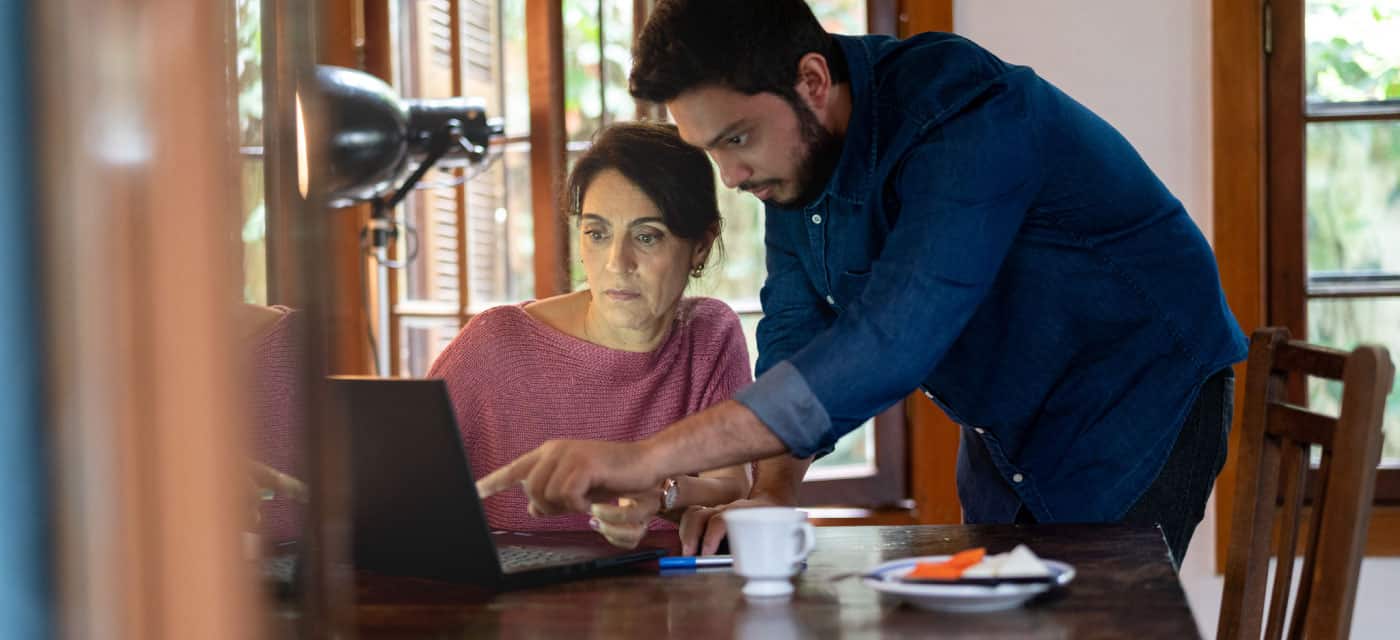Card Skimming: Avoid Becoming a Victim
Card skimming cases are on the rise. Stolen information may then be used to conduct fraudulent transactions. Avoid becoming a victim with these tips.

Fraudsters are at it again; card skimming cases are rapidly on the rise. For those who may not know, a card skimmer is a device that is attached to a card payment reader for the purpose of duplicating information found in your card’s magnetic strip. Stolen information may then be used to conduct fraudulent transactions.
Recognize the warning signs, be vigilant, and take precaution. Protect yourself by either paying at the register or by following these simple steps.
5 Precautionary Steps You Should Take
Examine.
Most credit card skimmers are simply attached to the card payment reader so they may appear different. Thoroughly examine the equipment. Look for differences in color, material, and design. Perhaps graphics don’t align or the card reader looks bulky. Turn to the pump next to you and see if anything strikes you as different.
Find the sticker.
While not all pumps have them, a more obvious sign to look for is the “tamper evident sticker”. These stickers are strategically placed on a pump. If altered by any means, the word void will appear on the sticker signaling customers.
Toggle.
Before making a transaction, toggle the card payment reader to see if it is loose or makes any type of noise. This may indicate the card payment reader is faulty as most card skimmers are not built into the machine.
Proceed.
If all looks well, proceed with caution. It is recommended you pay with a credit card or swipe your debit card as credit. It is best to avoid using your PIN as card skimmers are often paired with small cameras. Gaining access to your card number and PIN means gaining access to your checking account balance.
Monitor.
Regardless of how you choose to pay, make it a point to regularly monitor your accounts. Being quick to report unauthorized transactions helps block additional unauthorized transactions and helps limit your liability.
Related Articles
Avoid Tax-Related ID Theft This Tax Season

Identity thieves are hard at work year-round, but they’re especially active during tax season. Take preventative measures at tax time to minimize risk.
Charitable Donation Scams

Making a charitable donation starts with good intent, but scammers are looking to take advantage of those least suspecting it. Here’s what to look for before donating.
How Scammers Use Social Engineering To Steal Money

Pretexting, baiting, phishing – all social engineering scams that can persuade you to act on impulse. Here are some tips on how to avoid falling for these tactics.
